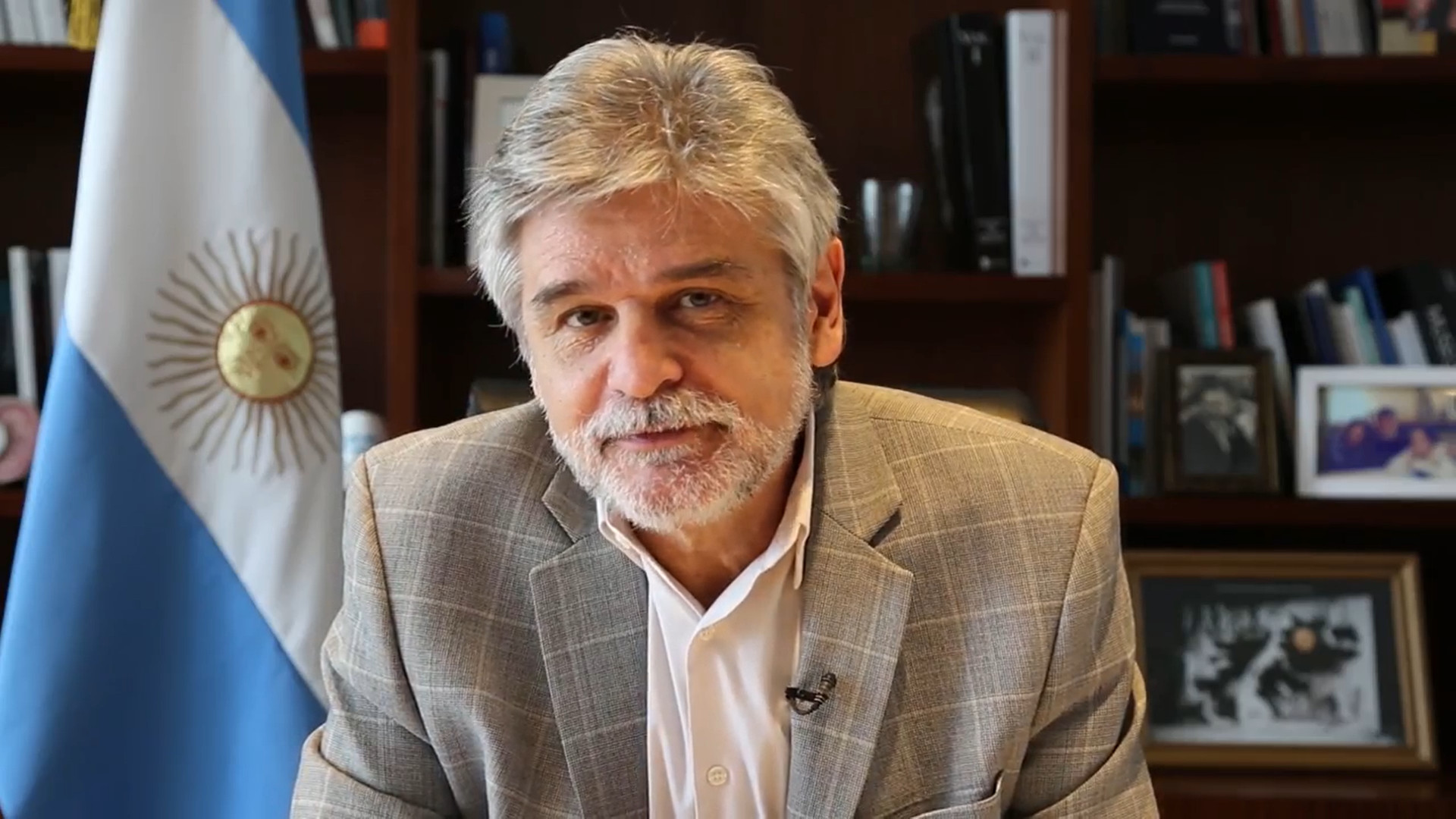The Minister of Science, Technology and Innovation, Daniel Filmus, led the 10th meeting of the Federal Experiences Exchange Cycle organized by the Undersecretariat for the Federalization of Science, Technology and Innovation (SSFCTI) of the Ministry of Science, Technology and Innovation (MINCyT) , by Elisa Colombo, in conjunction with the Federal Council of Science and Technology (COFECyT).
During the meeting, Filmus highlighted the importance of the federalization of science and technology and of the public-private articulation in the matter. The minister pointed out “the imperative need to federalize science, technology and innovation since in our country the inequality between the provinces is very great. We seek that science and technology impact the length and breadth of the country. A more organic and efficient articulation between the public sector and the private sector is essential for the development of local economies that is aimed at providing solutions to economic and social problems. In this sense, the enactment of the Financing Laws of the National System of Science, Technology and Innovation and of the Knowledge Economy, we are in a better position to carry out this task ”.
Filmus concluded that “the crisis of the neoliberal model and the crisis of the pandemic have hit us hard and the only way out is the contribution of the knowledge of Science and Technology under a productive matrix with an environmental and sustainable development perspective and with gender equity, that allows the benefits to be distributed among all ”.
The meeting also presented the Secretary for Planning and Policies in Science, Technology and Innovation, Diego Hurtado; the Undersecretary of Science and Technology of the Province of Buenos Aires, Federico Agüero and the Technical Director of the Obispo Colombres Agroindustrial Experimental Station (EEAOC) of the Province of Tucumán, Leonardo Ploper.
In his presentation, Hurtado detailed the status of private investment in science and technology and pointed out that the challenge is to involve the private sector from the State. For this, Hurtado gave as an example, among others, the Argentine Sector Fund (FONARSEC) of the National Agency for the Promotion of Research, Technological Development and Innovation (R + D + i Agency). FONARSEC seeks to strengthen the link between the scientific and technological sector with the socio-productive sector in order to contribute to the solution of social and economic problems.
For his part, Agüero spoke about the experience of the Province of Buenos Aires in the selection of projects for the call for Federal Innovation Projects (PFI 2021) of the COFECyT. There, Agüero related how they oriented financing according to the definition of provincial strategic areas that, in the case of Buenos Aires, were aimed at solving problems related to science, technology and innovation in recovered companies.
Finally, in his presentation, Ploper told the story of the Obispo Colombres Agroindustrial Experimental Station, dependent on the Ministry of Productive Development of the Government of Tucumán, whose mission is, since its creation in 1909, to technologically underpin the early agricultural production leadership of the province.





